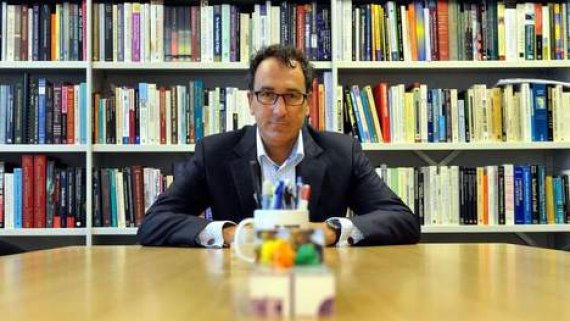This is the finding of the Schuyt committee, assigned by the Netherlands Academy of Arts and Sciences (KNAW) to find out how scientists manage their research data. The committee was appointed in the aftermath of the infamous fraud committed by social psychologist Diederik Stapel. It appears from the summary (in Dutch) that the committee does not have an answer to the question how cheating and fraud can be prevented. The differences between and within academic fields are so big, it says, that it is not possible to make generalizations about how to handle research data with care. Although there is no comprehensive view of the nature and extent of academic fraud, the committee nevertheless makes several recommendations: research should no longer be the solitary venture of some bright spark, journal editors should spend more time to review articles critically, and institutions should put more control mechanisms into place. But extra regulations or supervisory bodies are useless, says the committee. However, researchers should be given more exposure to current regulations, such as by participating in debates, attending courses on the subject, or by taking an oath. Institutions can decide for themselves how to go about implementing these.
Academic fraud: ‘More rules are useless’
Fighting fraud in the academic world does not require new regulations or supervisory bodies. However, it is useful to get researchers to take an oath.

